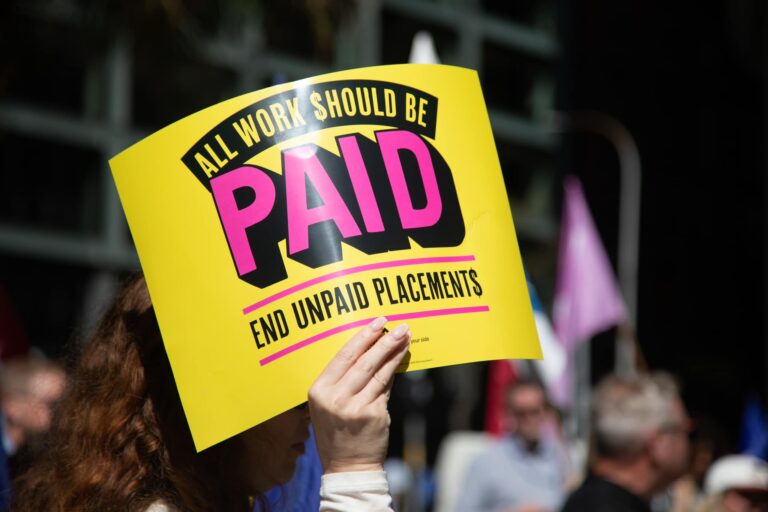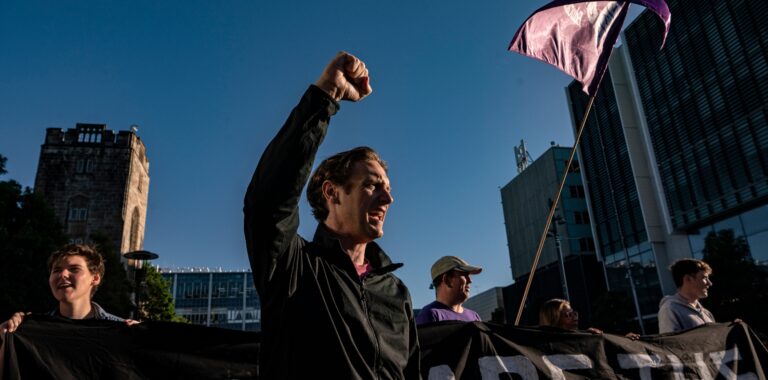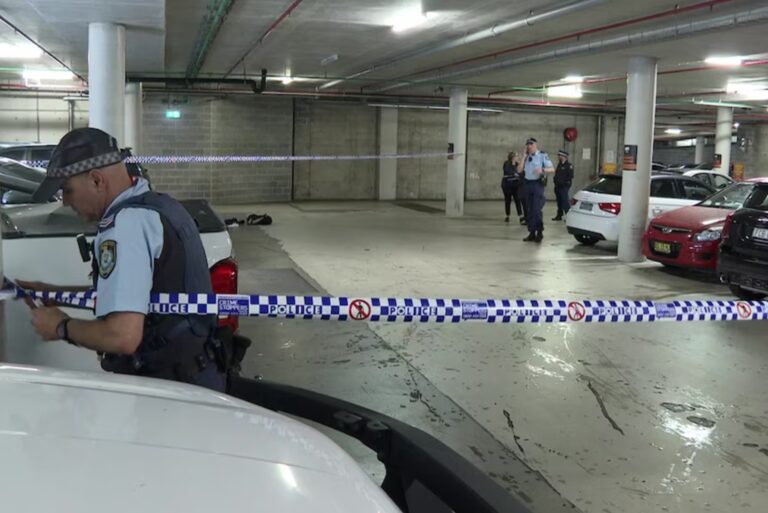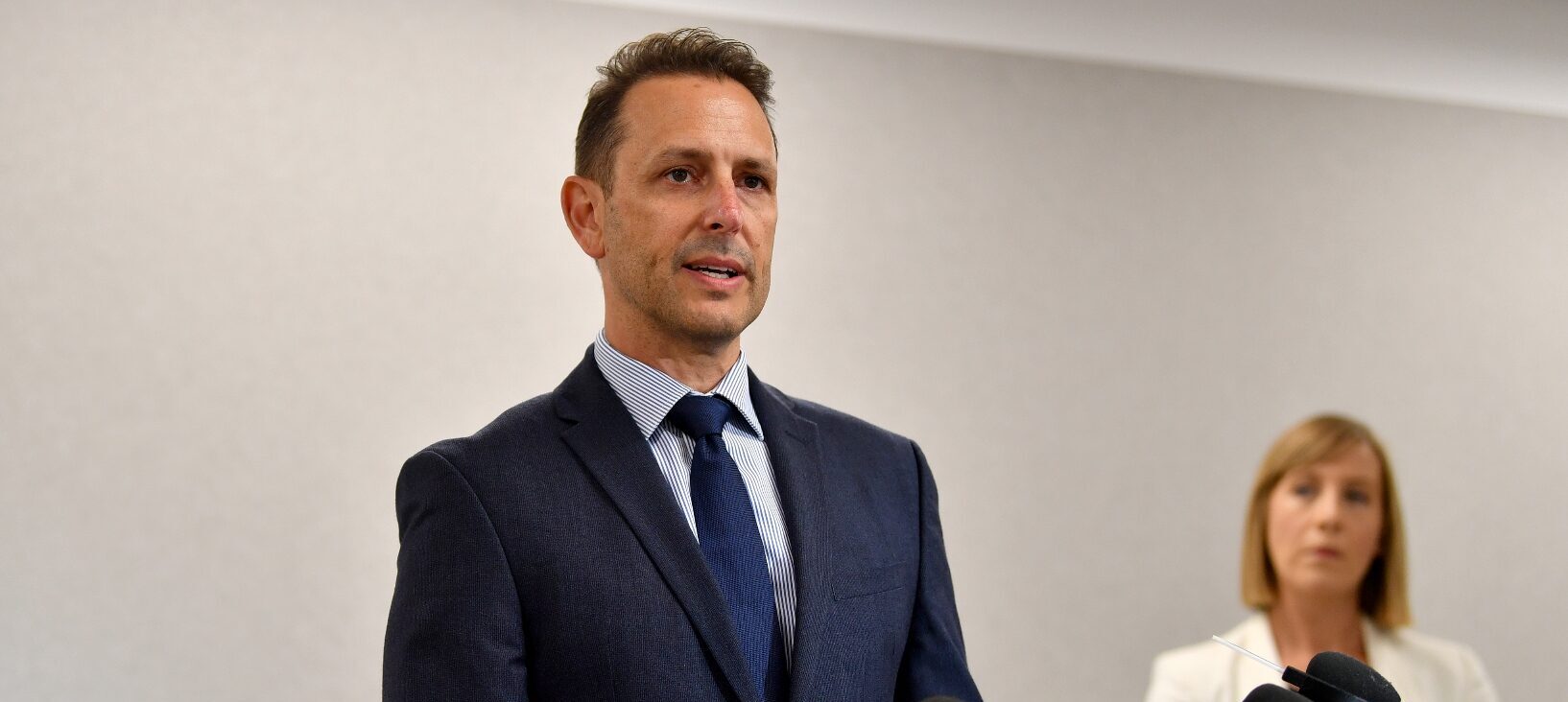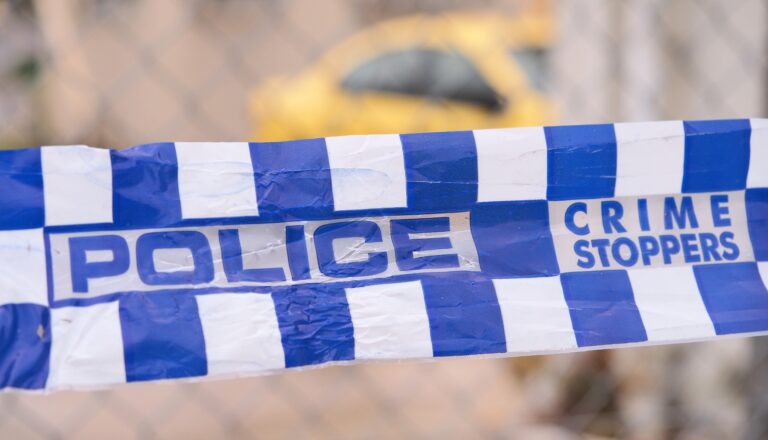
Nanny State frustrates visitors to Sydney

BY NINA BEESTON
Sydney seems to be a choice destination for young professional migrants from the UK. Lured in by the sun and the laissez-faire lifestyle, last year 43 thousand Britons migrated to Australia. But how accurate is the “chilled out” conception of Aussie life that us Brits chase across the globe?
One fundamental element of Sydney life we struggle to comprehend is the lock-out laws. Introduced to the Sydney CBD in 2014, the NSW Government introduced 1.30 a.m. lockout and last drinks at 3 a.m. across hotels, clubs and karaoke bars to curb drug and alcohol-fuelled violence. Also affected are takeaway alcohol sales after 10 p.m.
Sarah, 25 from London, told City Hub said that Sydney’s clubbing scene was lacking.
“I miss being able to go for drinks and then onto a club/venue in the early hours of the morning. You constantly feel like you have to be checking the time and then rushing to get into places.”
Once inside a venue the Brit said she faced more difficulty with strict laws on alcohol consumption.
“I’ve been refused shots after midnight, but told I can have them topped up with a dash of water. I don’t understand how that is remotely different, it just infuriates the customer. I feel like a child who can’t be trusted to monitor my own intake.”
Admittedly, statistics do appear to show a reduction in assault in the Sydney CBD and most dominantly the Kings Cross precinct since the laws were introduced. The Bureau of Crime and Statistics Research found a 32 per cent reduction in Kings Cross and 26 per cent decrease in Sydney CBD.
However, these statistics should not be taken at face value. Whilst these results could be due to a drop in alcohol consumption, they could also easily be a consequence of a change of traffic in these areas.
Indeed, Sarah, 25, said that social scenes were less focused on nightclubs.
“We have more house parties than we used to. Or we go out in areas unaffected by the laws, like Newtown. We also pre-drink more before we go out, and start earlier.”
Another source of irritation for European guests were NSW smoking laws. In 2012, it became illegal to light up in a range of outdoor places, including transport stops and stations, entrances to public buildings, near children’s playgrounds and near spectators at sports grounds. We are reasonable enough people to agree that these enforcements are in the benefit of public health. Lily, 23, also from London, comments, “whilst it is annoying that I have to walk away from the entrance to work when I have a cigarette, I do understand wanting to keep second-hand smoke away from non-smokers. It must be quite disgusting to smell and breathe in.”
However, what Brits abroad can’t fathom are the laws introduced in July 2015, banning smoking in outdoor areas and footpaths outside pubs and cafes. Smoking is illegal within 4 metres of these areas. Lily told City Hub, “It’s bizarre that I can’t eat outside and smoke in the same area. Especially since there are always designated smoking and non-smoking outdoor areas, smoking whilst you eat wouldn’t affect anybody. Surely it’s my decision whether I want to, not the government’s?” Indeed, it is difficult to justify legislation that takes away our right to choose when the only affected parties are ourselves. Unhealthy such a choice may be, but a personal decision it should remain.
In fact, figures do little to support the stringent laws on smoking. Admittedly, in 2014-2015, the number of adults aged 18 years classified as daily smokers was down from 16.1 per cent in 2011-12 to 14.5 per cent.
However, this decline is in fact a perpetuation of falling numbers over the past two decades. This suggests that preventative laws do little to curb unhealthy habits and education and cultural influences prevail. Perhaps the government ought to trust their citizens more to respond to available information concerning health risks and safety? Introducing such restrictive laws has an undeniable air of an overbearing parent telling a child “no” – and we all know what that leads to…wanting to do the forbidden act even more.
Whilst no Brit planning to migrate to Sydney should be deterred by the stringent laws on recreational activities they may take for granted in the UK, they should be prepared for a little more government supervision than they may be used to.
